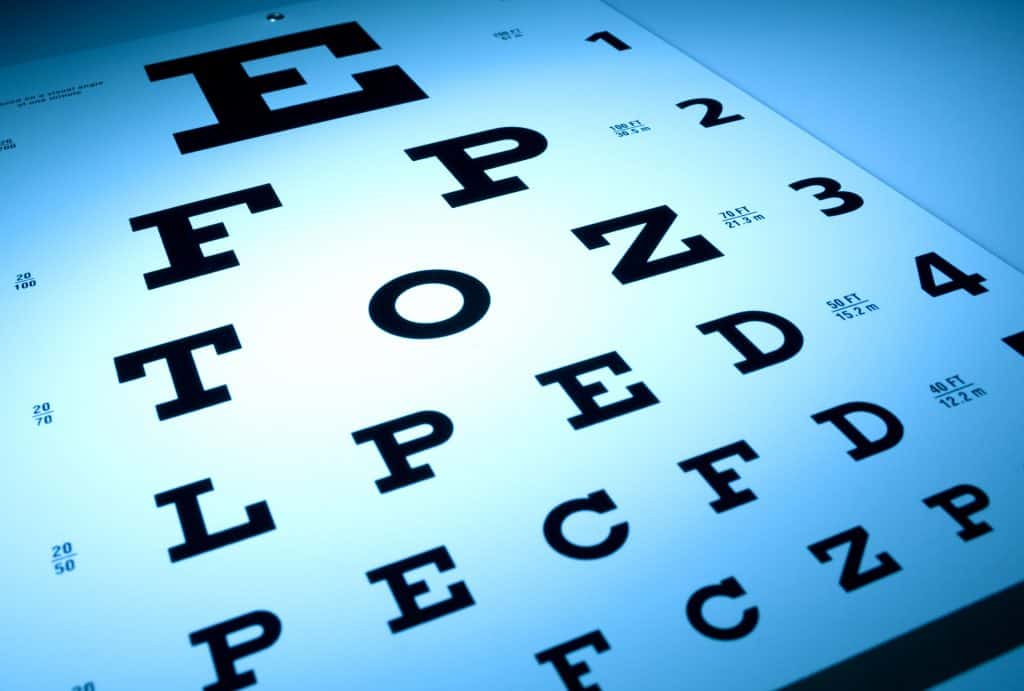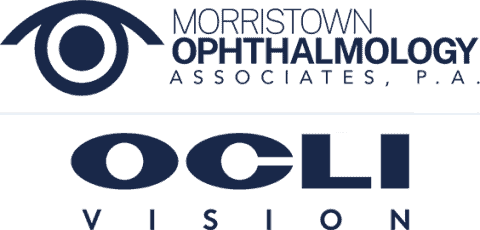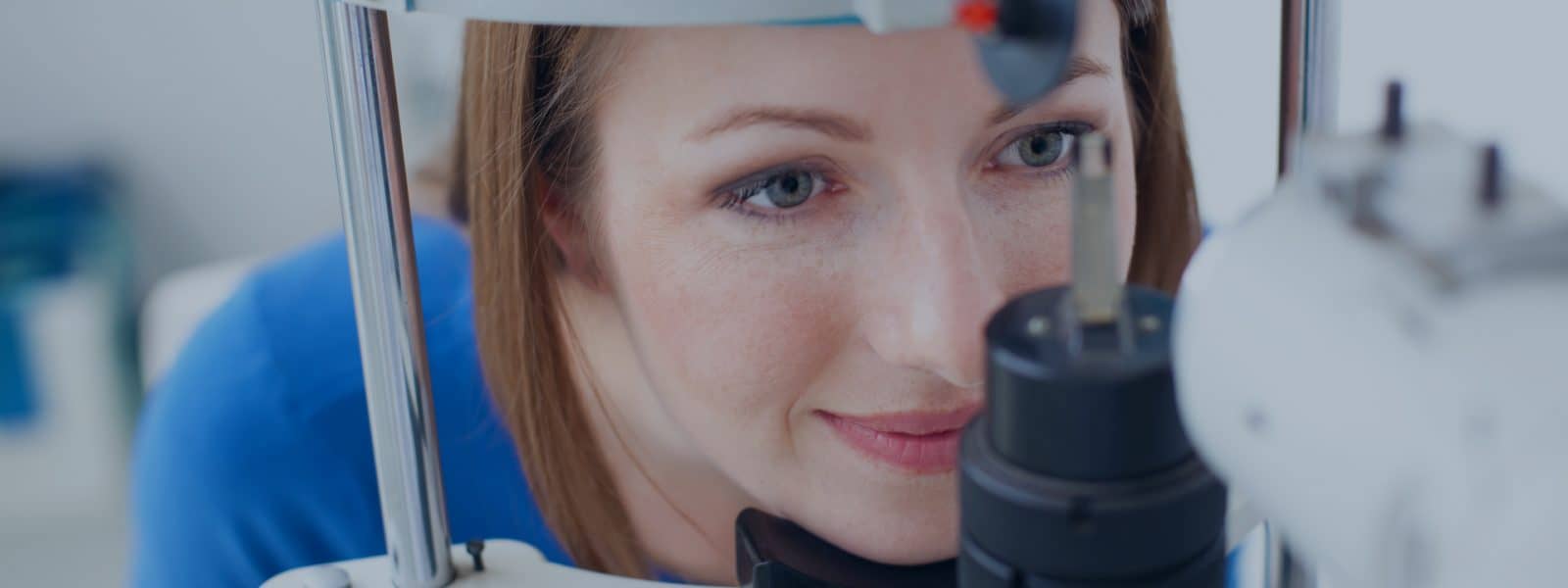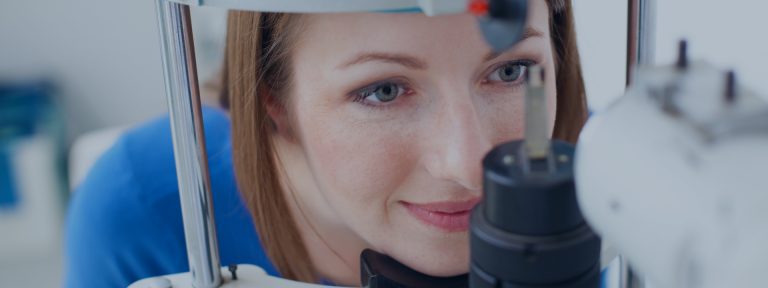Eye Exams

Comprehensive eye examinations determine if you need vision correction to see well as well as also to maintain the health of your eye. At Morristown Ophthalmology Associates, P.A., our comprehensive eye examinations involve a series of tests designed to evaluate your vision and check for eye diseases. Each test allows your doctor to evaluate different aspects of your vision.
Some of the tests might include:
- External eye exam: Using a light to ensure the exterior parts of your eyes are functioning correctly. Your eye doctor will check your pupils to see if they respond normally and your cornea and iris for clarity.
- Visual Acuity Test: This test measures how sharply or clearly you can see something at a distance.
- Eye Muscle Test: This test examines your eye muscles to ensure they’re functioning properly.
- Visual field test: Morristown Ophthalmology Associates may request you to have a visual field test along with your comprehensive examination and this is to determine whether you have difficulty seeing in any areas of your peripheral vision.
- Refraction assessment: Refraction refers to how light waves are bent as they pass through your cornea and lens.
- Slit-lamp examination: The slit lamp is used to examine the cornea, iris, lens and anterior chamber of your eye.
- Tonometry measures your intraocular pressure: The pressure inside your eyes.
- Retinal examination: Your doctor will examine the back of your eye, including your retina, optic disc, choroid and blood vessels.





